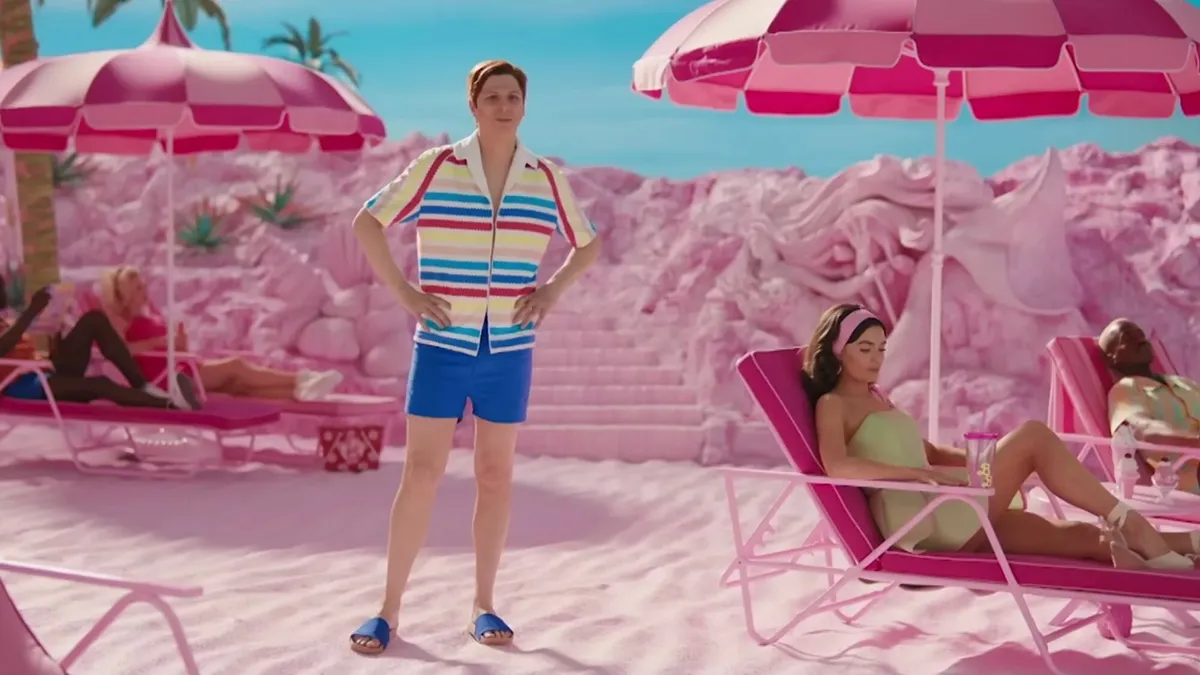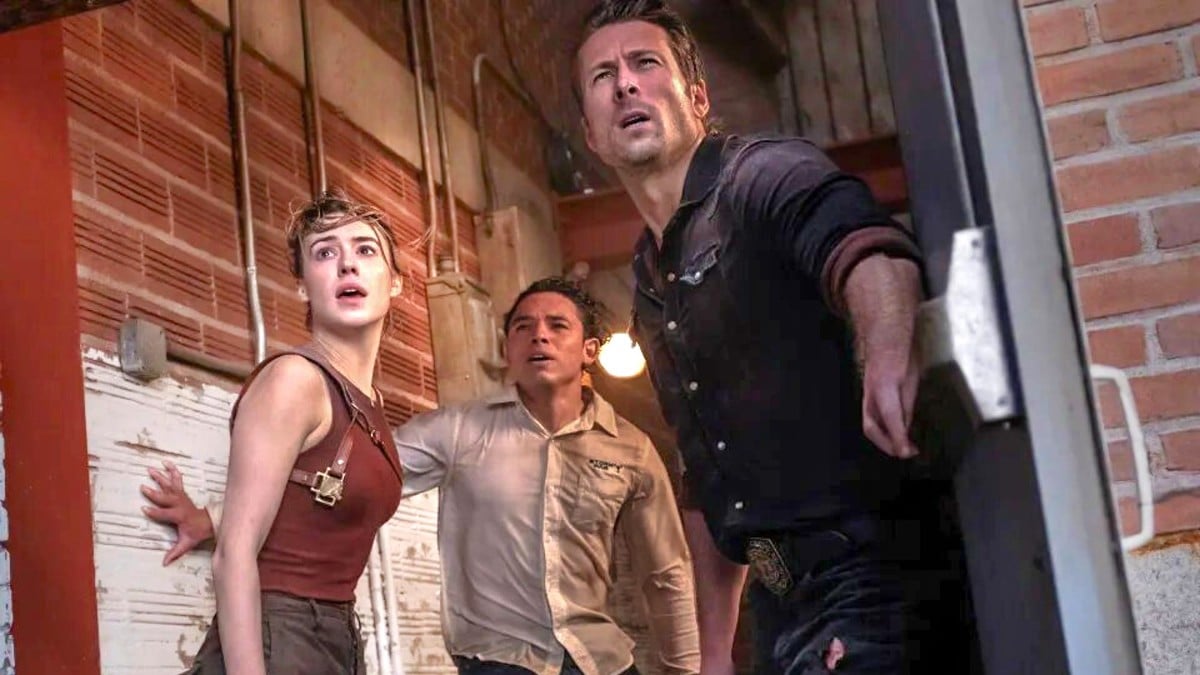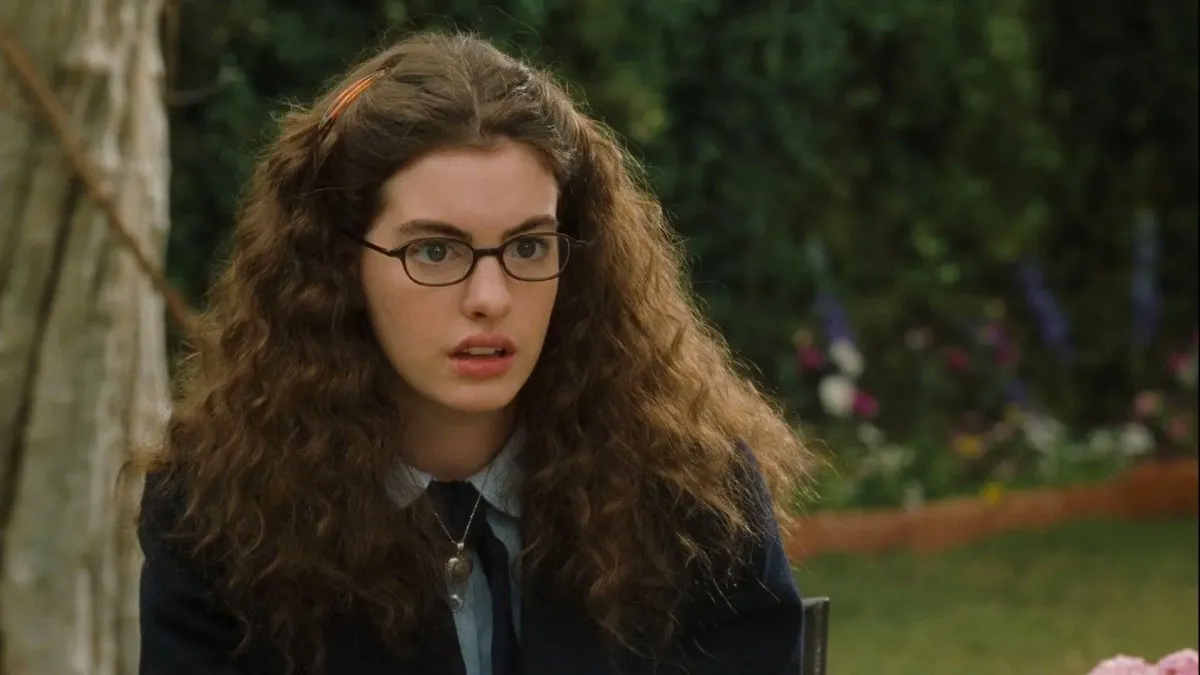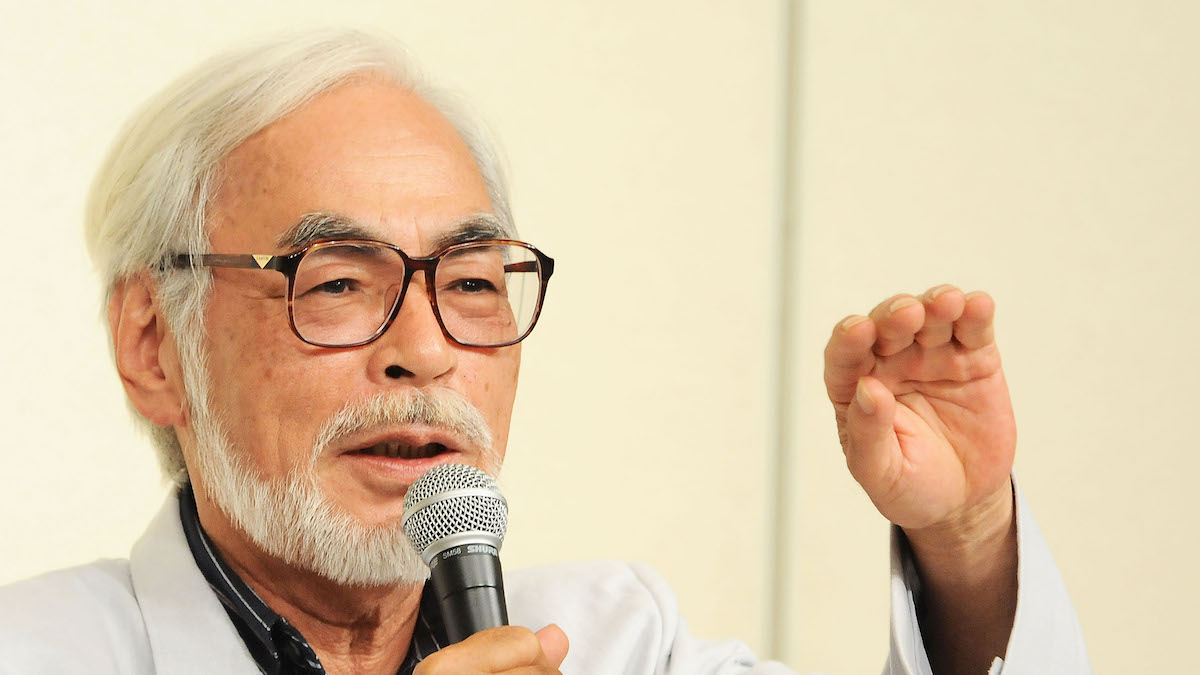Judd Apatow has hit back at the Academy of Motion Picture Arts and Sciences’ decision to classify Barbie‘s screenplay under the Adapted category rather than Original, as the film had originally campaigned for.
The Academy announced the decision to move Greta Gerwig’s feminist masterclass into the category earlier this month, which the Bros producer called “insulting to the writers” in a recent post on X.
Apatow’s comments are important. Barbie’s eponymous doll is indeed a pre-existing intellectual property, but it’s clear as day that the screenplay written by Gerwig and Noah Baumbach didn’t come from anywhere but their sensational imaginations, and so to classify the film as an Adapted Screenplay is a gross misrepresentation what they created.
This isn’t the first time the Academy has made some questionable decisions in defining screenplays. Just last year, Rian Johnson’s Glass Onion found itself nominated in the Best Adapted Screenplay category at the 95th Academy Awards. According to the Academy, its source material is characters that Johnson created for Knives Out (which amount only to protagonist Benoit Blanc). But Glass Onion serves as a standalone sequel to that movie and is not based on any pre-existing story.
Todd Phillips’ Joker was put on a similar path, having been classified as an Adapted Screenplay at the 92nd Academy Awards despite its lone piece of source material being the titular DC Comics character.
It’s incredibly narrow-minded of the Academy to seemingly define Adapted Screenplays as anything that so much as incorporates a predating character or IP into its story, rather than letting the nature of the story’s origin dictate its status as an Original or Adapted Screenplay; indeed, it effectively dilutes what should be the most important aspect of the screenplay (namely, the story) and reinforces the harmful idea that IP and originality can’t thrive or even co-exist in the same space.
None of this is to say that adapted screenplays are somehow lesser than original screenplays—they’re not. But conceiving a completely new story and making an established story fit on a movie screen are two markedly different skills, and each skill deserves to be honored appropriately. In Barbie‘s case, its classification as an Adapted Screenplay is absolutely an insult to Gerwig’s and Baumbach’s stark originality, as Apatow has stated.
(featured image: Warner Bros. Pictures)










Published: Jan 8, 2024 01:38 pm